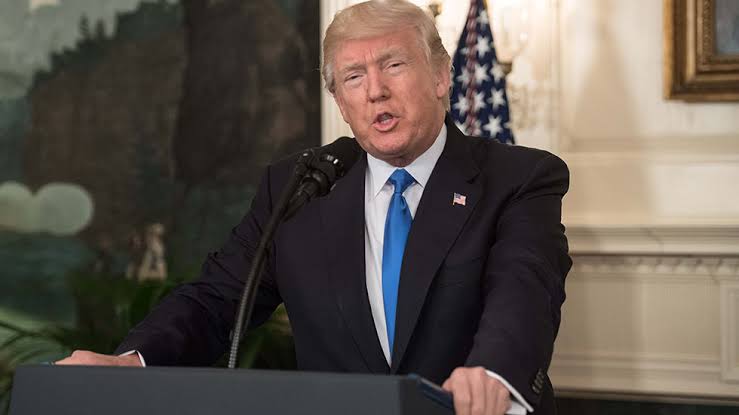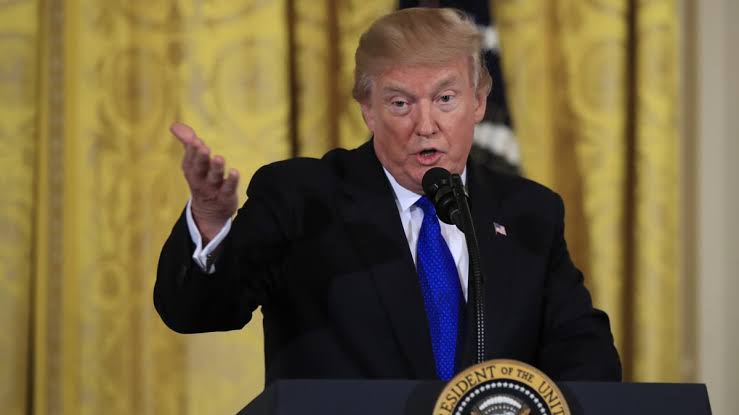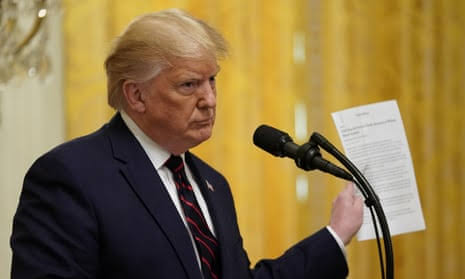Recent court events have led to a major win for former President Donald Trump in his libel case against the Pulitzer Prize Board. A lot of media attention has been paid to this lawsuit, which is about claims of slanderous reporting about Russia. It shows how tense things are between famous people and important journalism awards.
Some Pulitzer Prize-winning stories about Russian meddling in the 2016 presidential election led to the case because Trump said they were false and slandered him. The president says that these reports, which won Pulitzer Prizes, falsely accused him and his campaign of working with Russia, which hurt his image and caused him a lot of harm.

The Pulitzer Prize Board stands by its awards amid Trump’s legal victory.”
The Pulitzer Prizes, which are given every year for outstanding journalism, have been a sign of great journalism since the beginning. The awards were given to a number of well-known news sources for their in-depth stories about Russian interference in the election, which included detailed accounts of conversations between Trump’s staff and Russian officials. People praised these stories for how in-depth and important they were in helping people understand how complicated the 2016 election and Russia’s role in it were.
Trump’s legal case says that the Pulitzer Prize-winning stories were not only badly written, but they were also part of a larger plot to bring down his presidency. He says the reporting was not only wrong, but also part of a larger plan to spread false information about the ties between his government and Russia. The case against the Pulitzer Prize Board says that the board should not have given the prizes to these stories if they were based on false or misleading information.

Legal battle highlights the intersection of media awards and defamation claims.”
In reaction, the Pulitzer Prize Board has said that the way they decide who wins is strict and based on a careful review of the work of journalists. They say that the prizes are given based on the quality of the reporting, not on what happened or what the law said about the people in the stories after the stories were published. The board has stuck by the awards and the journalism they give out as being honest.
The fact that Trump won this round of the lawsuit is a big change in the legal fight. We still don’t know the outcome of the case, but the recent decision in Trump’s favor could have big effects on how defamation suits involving media awards are handled. It might set a pattern for other famous people who want to use the courts to question the accuracy and fairness of award-winning journalism.
This legal win for Trump doesn’t automatically take away the Pulitzer Prizes or make the news in question look bad. But it does show how media awards and judicial responsibility can be contentious together. The decision has made people think about bigger problems like press freedom, the honesty of journalists, and the limits of defamation claims in the law.
As the case goes on in court, it will probably change how people talk about the right mix between protecting people’s reputations and making sure the press can report freely on important public issues. What happens in the case could change how public figures and news organizations interact in the future, especially when it comes to how defamation claims are handled in award-winning journalism.

Overall, Trump’s victory in this part of the case is a reminder of how complicated things can get when famous people try to change how the media reports on their actions and image. The effects of this court case will be felt over time, and they might change how libel cases are handled and how journalists are recognized.